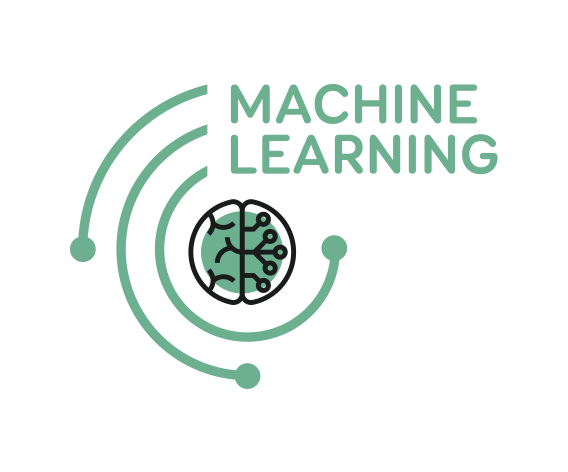Some introductory words
Some introductory words¶
This very basic tutorial covers a supervised classification problem. First, let’s briefly discuss some general terms and approaches.
Supervised classification problem
Basically, you have a classification problem in ML when your target variable is categorical, e.g. a specific species (of some plant, animal, etc.). In a supervised classification problem, there are known labels in the training data, from which the classifier tries to approximate a mapping function from the input variables to the output variables.
Splitting into training and test set
The basic approach for ML problems is to split the data set into a training and a test set.
The training set is used to (surprise!) train the model. The test set is then used to (surprise!) test the accuracy of the trained model.
Actually, we also need a third set - the validation set, which is used to evaluate the performance of each classifier, and to find and fine-tune the best model. However, as is often the case in space/planetary physics, the data set is not that large, so splitting the not that large data set in even smaller data sets should probably be avoided. In such a case, validation can be done using a cross-validation approach.
Cross-validation
The basic approach here is k-fold cross-validation. Thereby, the training set is split into k smaller subsets. The model is trained on one of the k folds as training set and validated on the remaining (k-1) folds. This is done for all of the k folds. The performance measure calculated by the k-fold cross-validation is the average of the results for all k folds.
The advantage of this approach is that validation does not need an extra data set. However, k-fold cross-validation might become computationally expensive.
Coding environment
As already mentioned, the code in this tutorial is written in Python 3. Hereby, Jupyter notebooks are used. You can either use your local installation (e.g. in a virtual environment) or you can use one of the external providers of this service (e.g. Google colab or Binder).
